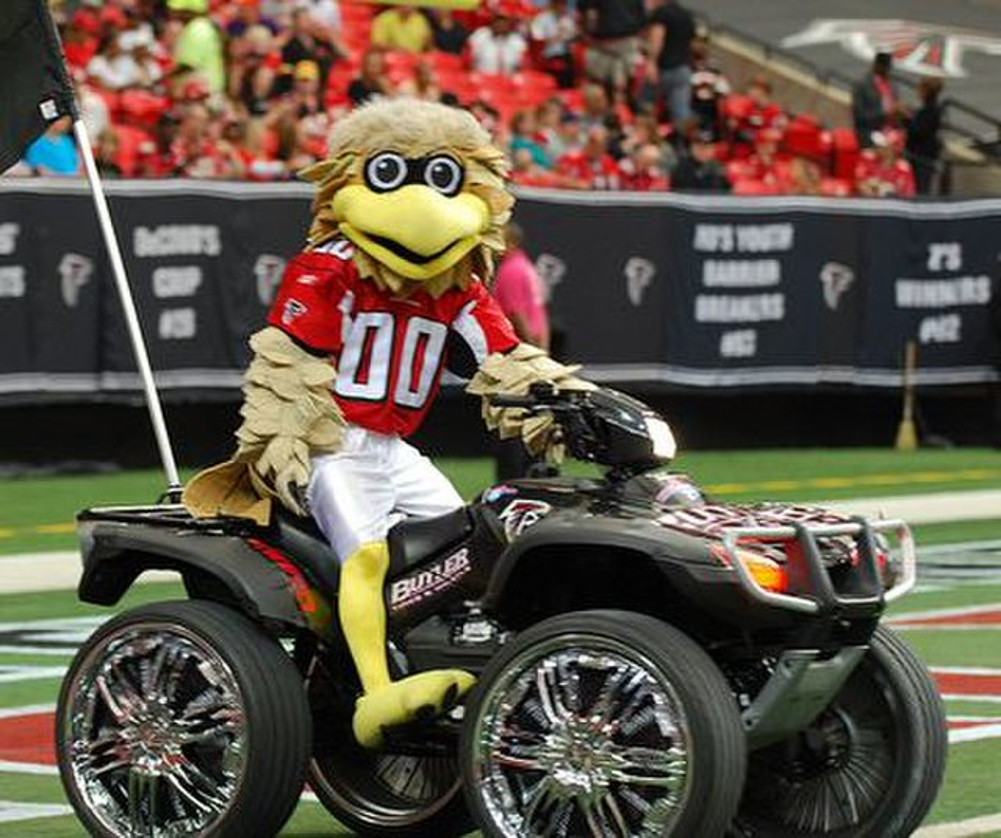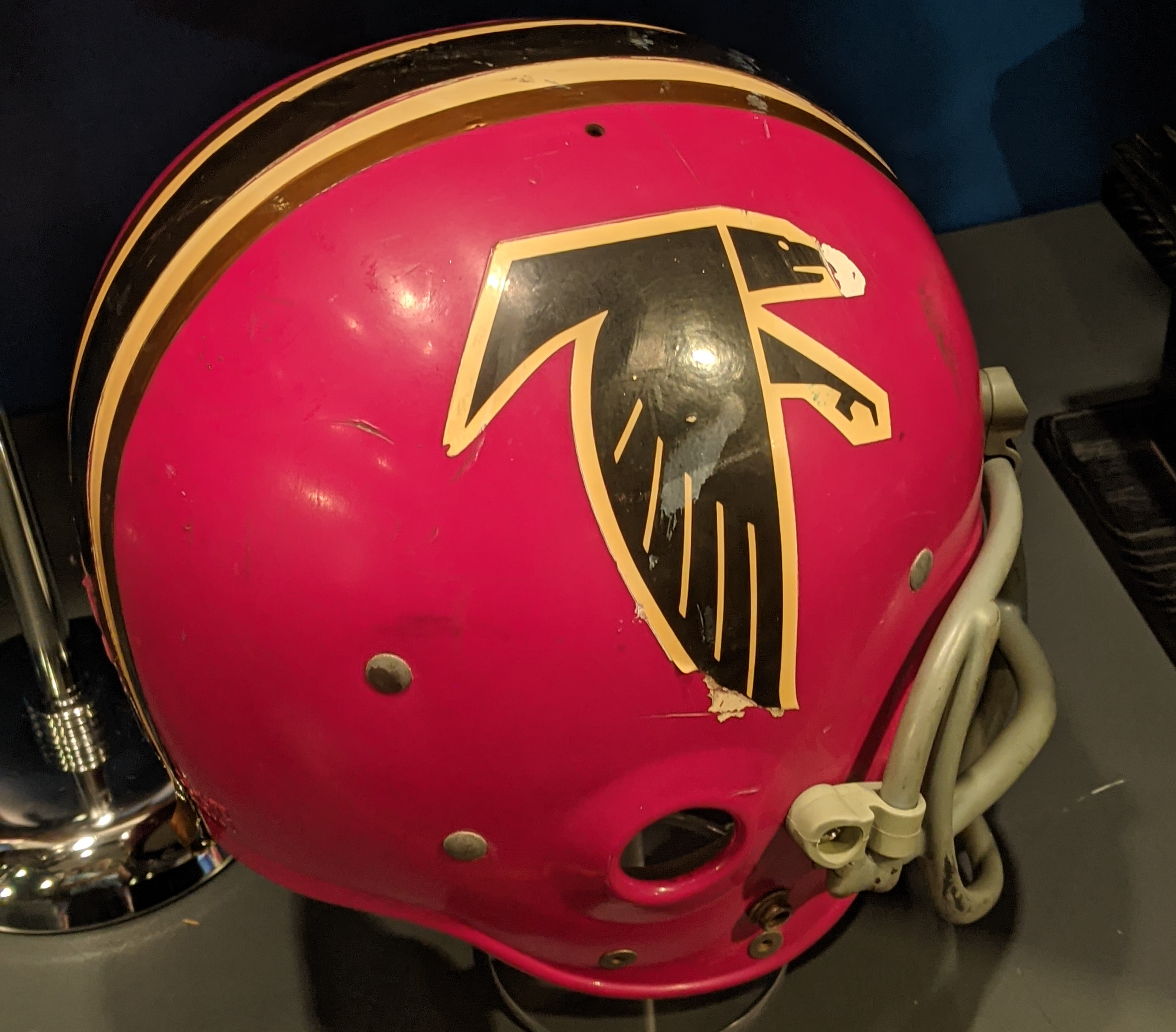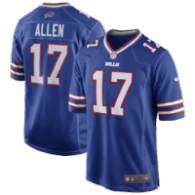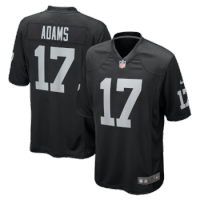In this edition, we review the history and origin of the Atlanta Falcons franchise and how they became the thriving high flying team of today.
Atlanta Falcons origin
How Pro Football Went to Atlanta

Image is courtesy of Wikimedia Commons of a 2015 photo os Freddie the Falcon, the Atlanta NFL mascot.
The Atlanta Falcons NFL franchise always has exciting stories, players, and coaches that keep the fans watching their games. The rise of the Falcons as a team in the National Football League has a great storyline. To understand the franchise's origin, we have to look at the City's growth.
A Brief History of Atlanta, Georgia
The story of Atlanta starts with American transportation. The town was founded in 1837 as a destination of sorts. Its beginnings as a population center called Marthasville was formed because it was end of the Western & Atlantic railroad line. Marthasville was chosen because it was the name of the daughter of Georgia's then-governor. A more popular slang name for the town was "Terminus," referring to the terminal end of the rail line. Those references were soon changed as the area grew in population and importance to Atlanta. The new name is the feminine word form of the Atlantic, as in the railroad that started it, the Western and Atlantic.
The City's population grew to just over 9550 citizens by 1860, but this lasted only a short time as the Civil War broke out shortly after. Due to the importance of the town with its rail line, it became of strategic importance for the militaries of both sides. The Union Army marched into the area in 1864 and began its invasion of north Georgia. The Atlanta region was the location of several major army battles, culminating with the Battle of Atlanta and a four-month-long siege of the City by the Union Army under the command of General William Tecumseh Sherman. After the devastation of the war was done, Atlanta slowly rebuilt itself in the Reconstruction era. As it rebuilt, it also grew to new heights as the railroads became extremely integral to the new Industrial Revolution and the movement of goods and products.
The next period of growth was just after World War II as service members returned home. The City was a center for the Civil Rights Movement, and the population grew again in the early 1960s. This put the City at a level where the burgeoning professional sports leagues started to take notice. The community leaders saw the sports industry's importance to growth and success and took a gamble. In 1965 they built the then state-of-the-art Atlanta Stadium, later known as Atlanta-Fulton County Stadium.
Soon after, the Milwaukee Braves relocated to the area, seeing the potential of having an MLB franchise in the deep South. Pro football was exciting too. At that time, there were two rival and competing Leagues in, the NFL and the AFL, and both had their sites set in the State of Georgia City.
Things to buy here
We have placed some product links on this page. If you purchase by clicking on them, we will get a commission to use to help with operating costs.
Get your own Number 17 NFL jersey
Please note, we include affiliate links within this post to support the maintenance and development of this site.
There are plenty more to chooses from too, but this Deal Ends Soon! We have become an affiliate of Fanatics.com. Find the latest deals on football swag and treasures. When you purchase you not only get great sports gear items but you also help Pigskin Dispatch receive money to keep the football history flowing. It is a win-win!
The Birth of the Falcons Franchise
Atlanta was attractive to the competing Pro Football organizations for much the same reason baseball was attracted to it, the absence of other franchises in the Southern region. Up to that point, the closest pro football teams that people in the South East could root for were the Washington Redskins to the North and the fairly new Dallas Cowboys, a considerable excursion to the West.
The opportunity gave way to a pair of town factions wanting to secure pro football for Atlanta. One of these was a conglomerate headed by a young businessman named Rankin M Smith, a successful life insurance executive that had been active in NFL exhibition games and promotions. The Smith group had applied for franchises in both the AFL and NFL. Another group reported it had invested money for a franchise locked into joining the American Football League. This group was made up of a few local businessmen from Cox Broadcasting. Both sides were working independently from each other and in different directions. Eventually, the Cox Broadcasting contingent worked out a deal and was awarded an AFL franchise on June 8, 1965 based on acquiring exclusive stadium rights from city officials.
Not to be outdone in this new gridiron Battle for Atlanta, NFL Commissioner Pete Rozelle, who seemed lethargic towards gaining the Atlanta franchise, was motivated by the AFL interest and immediately traveled to Atlanta to prevent the AFL expansion. He forced the City to choose between the two leagues. Before the end of the month, the City officials decided Rozelle and the NFL. On June 30, 1965, the National Football League awarded its 15th franchise to the City to 41-year-old Rankin Smith for $8.5 million. This decision set the AFL's original plans for two new expansion teams back in 1966 for Atlanta and Philadelphia.
Later, this AFL expansion effort resulted in Miami Dolphins in 1966 and the Cincinnati Bengals in 1968.
Smith went to work to get his new NFL franchise on the ground. One of the first orders of business was to get the community behind it, and name the team. In one strategic move, he did both by announcing a community project to nickname the team from suggestions of area contributors. The winning submission ended up being from a local Griffin, Georgia, school teacher, who according to the Pro Football Hall of Fame, wrote, "The Falcon is proud and dignified, with great courage and fight. It never drops its prey. It is deadly and has a great sporting tradition."
Interest was high, and with little promotion, season tickets for the new Atlanta Falcons were sold in record numbers. The franchise had to suspend sales after just 54 days when they reached a new record of 45,000 sold. The team hired Norb Hecker, a Vince Lombardi assistant coach with the Green Bay Packers, as its first head coach.

A photo taken in 2021 of a display at the Pro Football Hall of Fame of Tom Nobis worn Atlanta Falcons helmet.
On November 27, 1965, the Falcons had their first NFL Draft pick. It went to the University of Texas Longhorns, Outland Trophy-winning linebacker Tommy Nobis. The Houston Oilers of the American Football League also drafted Nobis, but after negotiations with both teams and weighing his options, he signed with the Falcons on December 14.
In their inaugural season, the Falcons lost their first nine games before a milestone moment on November 20 when they defeated the New York Giants 27-16. They finished this first campaign with a record-tying an expansion team first-season record up to that time of three wins.
The team took it lumps until it finally found some moderate success in the 1970s with a quarterback named Steve Bartkowski. In the coming decades, the team hired the colorful Jerry Glanville. The Atlanta Falcons drafted Deion Sanders in the first round, fifth player overall, out of Florida State in the 1989 NFL Draft. Later on, veteran Coach Dan Reeves took over the sidelines of Atlanta and took the Falcons, better known as the "Dirty Birds," to their first Title game appearance in 1998, Super Bowl XXXIII, where they lost to the Denver Broncos 34–19. They had a bit of a resurgence with a talented signal caller named Michael Vick. Over a decade later, they got close to winning it all with Matt Ryan at the helm in a 34–28 overtime loss to the New England Patriots in Super Bowl LI.
Here is a great look at the NFL history of the franchise:
Credits and sources
A Very Special thanks to information obtained from the following brilliant internet sites: Atlanta History visitors site, RetroSeasons.com, Pro Football Hall of Fame website the Sports Reference's family of website databases & Stathead.com.
Banner photo is courtesy of Wikimedia Commons of







